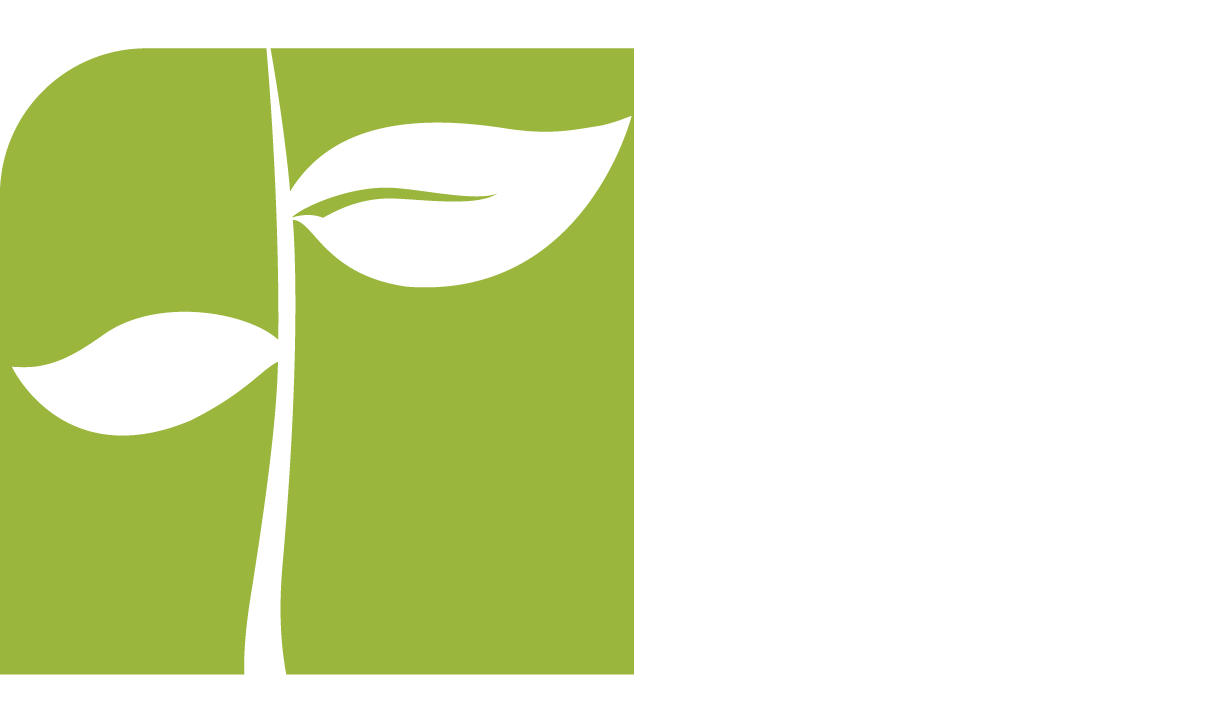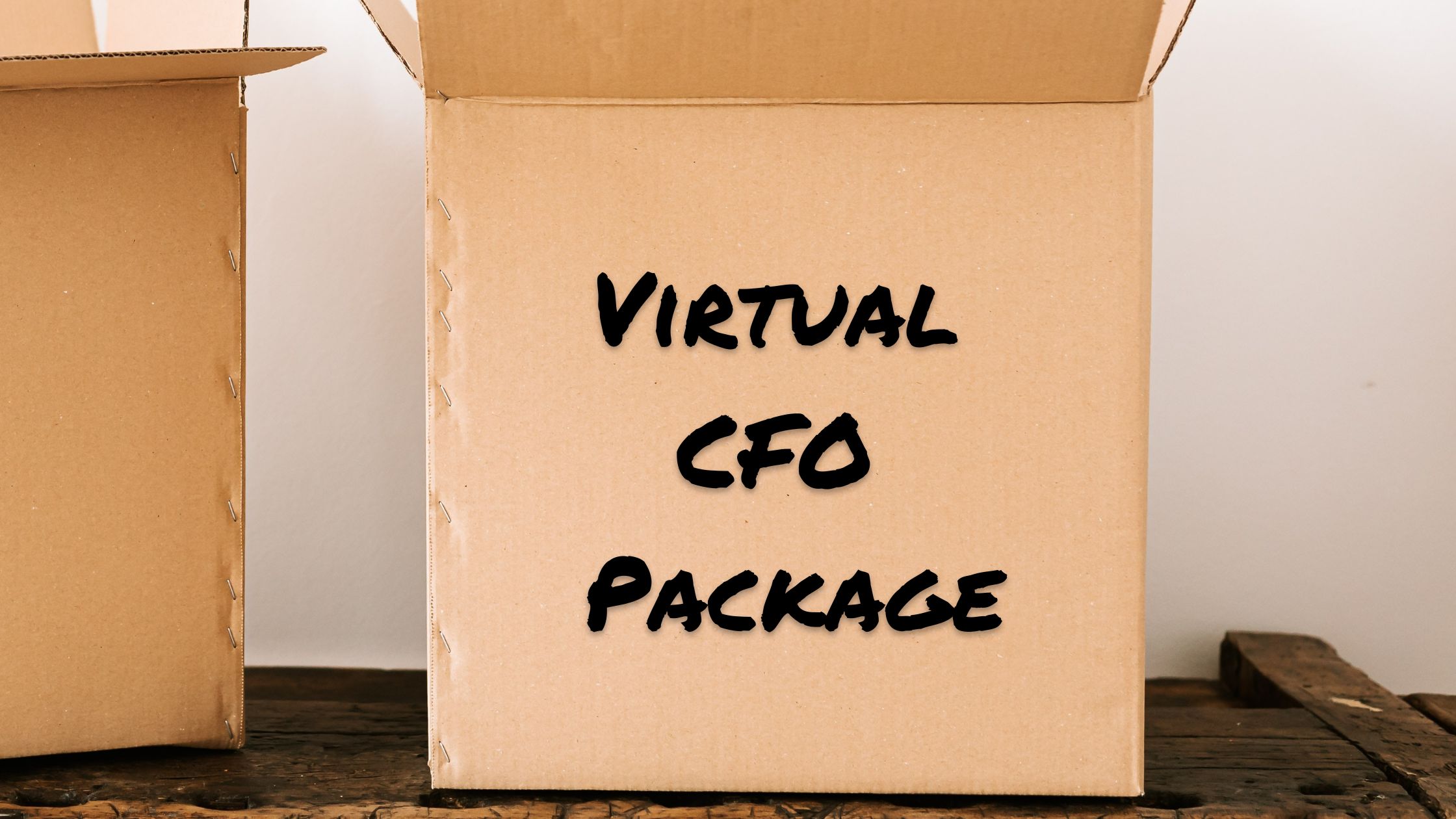Over the years, virtual CFO packages have become more and more popular. A virtual CFO package can provide the same financial leadership and oversight as a traditional, salaried CFO, but without the need for a full-time employee. This can be a particularly attractive option for small businesses or startups that may not have the budget for a full-time CFO.
A virtual CFO package can help a business with financial planning, budgeting, and financial forecasting. They can also provide advice on strategic decisions and help to implement financial controls.
That being said, what virtual CFO package is right for your business and why? Let’s break it down.
What type of virtual CFO package is right for your business?
While virtual CFOs are most often sought out by small to medium-sized organizations (i.e. $5M to $75M), the specific needs of these organizations differ depending on their circumstances.
Many will need transactional accounting help while others may need the strategic insight of an ongoing virtual CFO. Others may simply have a project they need help with. In any case, there is a defined set of services that will be provided.
- Start-Up: Businesses less than $5M have unique needs related to capital raising, working capital to fund growth, and ensuring inventory is adequately controlled. Because funds for the startup are most likely limited, it is important to agree upon an efficiently affordable service package. In some cases, a virtual CFO may be open to equity as partial payment.
- Transactional: Transactional services are typically accounting and bookkeeping related. Think accounts payable and accounts receivable, as well as bank and credit card reconciliation. All of these services can be bundled into a monthly package at a fixed rate.
- Controller: A controller supervises the accounting department and ensures month-end close is accurate, financial statements are prepared, revenue is captured correctly, KPIs are tracked, and 12-month and 13-week cash flow forecasts are prepared. The Controller package will include these more proactive services at an understandably higher rate than the transactional package.
- Ongoing Virtual CFO: CFO services are more strategic and include things like assessing the skill sets of existing organization employees, coaching accounting and finance employees as well as working with other cross-functional leaders to ensure understanding of how each person’s activity impacts the financial health of the organization. CFOs help author annual operating and 3-5 year strategic plans and also act as the key financial communicator with investors, banks, and the board of directors.
- Project Specific: Sometimes there are one-time projects that need the help of a virtual CFO. Perhaps a company needs to raise capital for a new piece of equipment or wants to issue an IPO. Another business owner may want to plan for a successful exit to her business and needs help evaluating what needs to be optimized to get the best offer possible. Experienced virtual CFOs can create a package of services tailored to these project needs.
How to get started with virtual CFO packages
Are you a business owner who is looking for ways to save money and time? If so, you may want to consider getting started with virtual CFO services. As mentioned, the right virtual CFO package can provide you with the financial advice and support you need at a fraction of the cost of a full-time CFO.
Here are a few tips to get started:
- Shop around: Just like with any other service, it’s important to compare different virtual CFOs before making a decision. Be sure to read reviews and ask for referrals from other business owners who have used virtual CFOs in the past.
- Discuss areas of expertise: When you’re interviewing potential virtual CFOs, be sure to ask about their areas of expertise. You’ll want to make sure that they have experience dealing with the financial issues that are most relevant to your business.
- Get a proposal: Once you’ve found a few virtual CFOs that you’re interested in working with, be sure to get detailed proposals from each one and ask about a free consultation.
Want to keep reading? Check out a list of great questions to ask a CFO during an interview.


